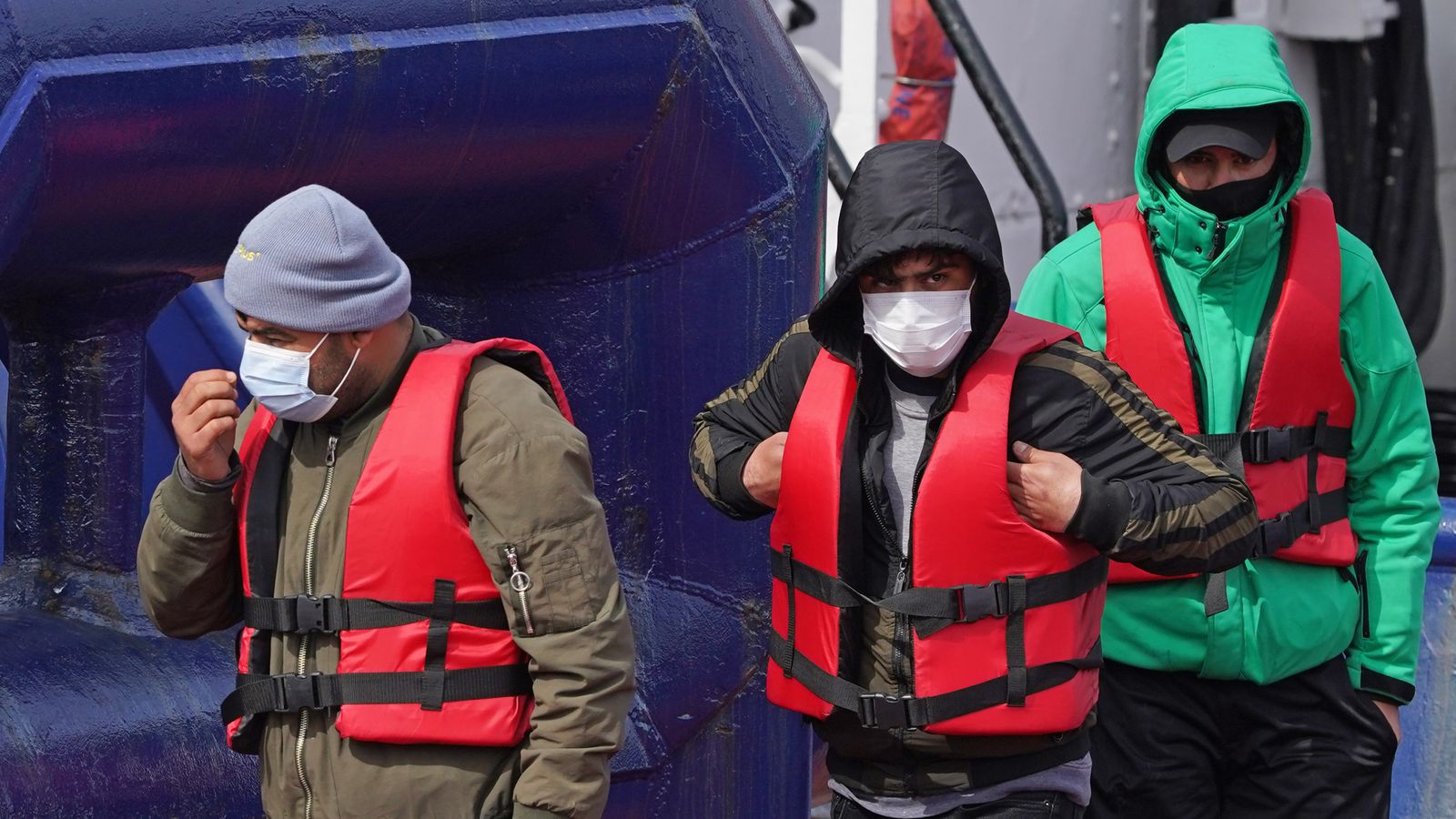Ukrainian children deserve a future that does not involve shrapnel, bunkers and armed checkpoints: UK statement to the OSCE
Thank you, Mr Chair. I would like to start by expressing my concern regarding this morning’s reports of missile attacks in Mykolaiv, as well as attacks on Kupiansk and Kharkiv over the last week.
Mr Chair, Russia’s senseless war has upended the lives of Ukrainian children. The physical impact of this invasion is unforgiveable, with an average of four children killed or injured each day. The mental health implications of Russia’s human rights abuses must also not be forgotten. My statement today will focus on the long-lasting psychological impact of Russia’s war on Ukrainian children, exacerbated by displacement, disruption to education and child development, and horrific human rights abuses and violations. Beneath these children’s resilience and courage are the deep and long-lasting scars of trauma.
Russia’s war has displaced around 3.5 million Ukrainian children. Families have been torn apart, as parents have faced the devastating decision to send their children to safety, whilst they remain in a warzone. Others have had their children taken from them. Separation from one’s parents is a form of trauma, which puts these children at a greater risk of developing psychological issues. Children subjected to long-term separation from parents and families often experience intense fear, panic, grief, depression, helplessness and hopelessness – feelings no child should be expected to endure.
Russia’s war has interrupted the education of all Ukrainian children and young people in some form. Save the Children have reported that on average, children have spent more than 900 hours in bunkers. 900 hours, which children should have spent learning, playing and socialising. When children emerge from these bunkers, many are confronted with the destruction of their schools, nurseries and playgrounds. And the facilities that still stand are no longer regarded by parents as places of safety, but as places potentially at risk of Russian missile attacks. Children in the temporarily Russian-controlled territories study under a new curriculum, where they learn false historical so-called “facts” about Ukraine in a futile attempt to justify Russia’s aggressive actions against Ukraine.
Many parents have tried to shield their children from danger by opting for virtual learning – but this has its own challenges, with frequent blackouts and power shortages caused by Russia’s targeting of critical national infrastructure. These children are deprived of the routine of the school day and interactions with their peers. The absence of structure and socialisation can deeply impact the mental wellbeing and development of children. The UN has reported that Ukrainian children are suffering with impaired memory, shorter attention spans, and the decreased ability to learn.
We continue to hear credible accounts of conflict-related sexual violence against children by Russian forces, including the rape of a 16-year-old girl in front of her sister, and the horrific report from the UN Office of the High Commissioner for Human Rights of a child as young as four being sexually abused. It is hard to comprehend how a child so young could process this type of trauma; we must do all we can to support survivors of conflict-related sexual violence in Ukraine, and beyond.
Ukrainian children are absorbing the horrors of Russia’s war, with it taking root in their core development. Two boys were seen role-playing armed guards at a checkpoint – mimicking the sound of gunfire. Six-year-old Kira now draws pictures of soil, shrapnel and metal. Parents have reported that their children are having nightmares, reliving the horrors they have endured and wondering if normality will ever return.
Despite condemnation from the international community, the Kremlin shows no remorse and no compassion for the suffering they have inflicted. We will continue to call on Russia to respect humanitarian principles, including allowing humanitarian access to the territories it temporarily controls, and the special protected status of children, notably: access to education, protection against sexual violence, and family reunification.
Mr Chair, in conclusion, Ukrainian children deserve a future that does not involve shrapnel, bunkers and armed checkpoints. The UK will do everything we can to support Ukraine to defend its homeland, and protect the future of its younger generation. Thank you.



